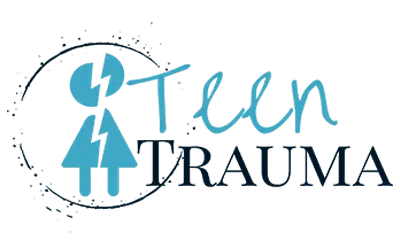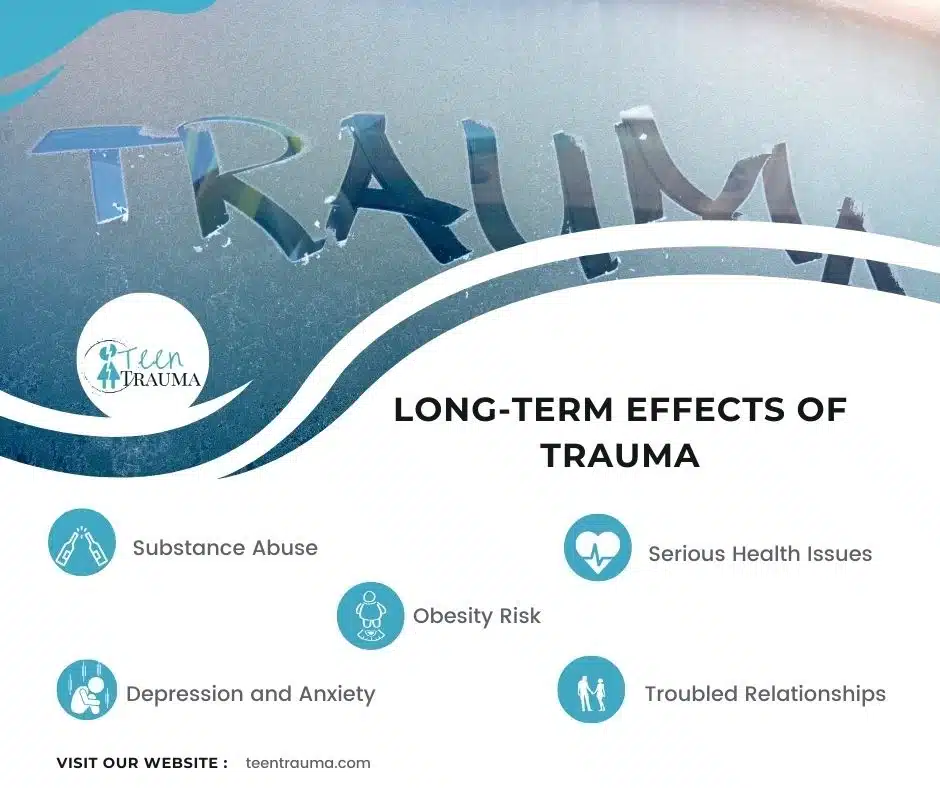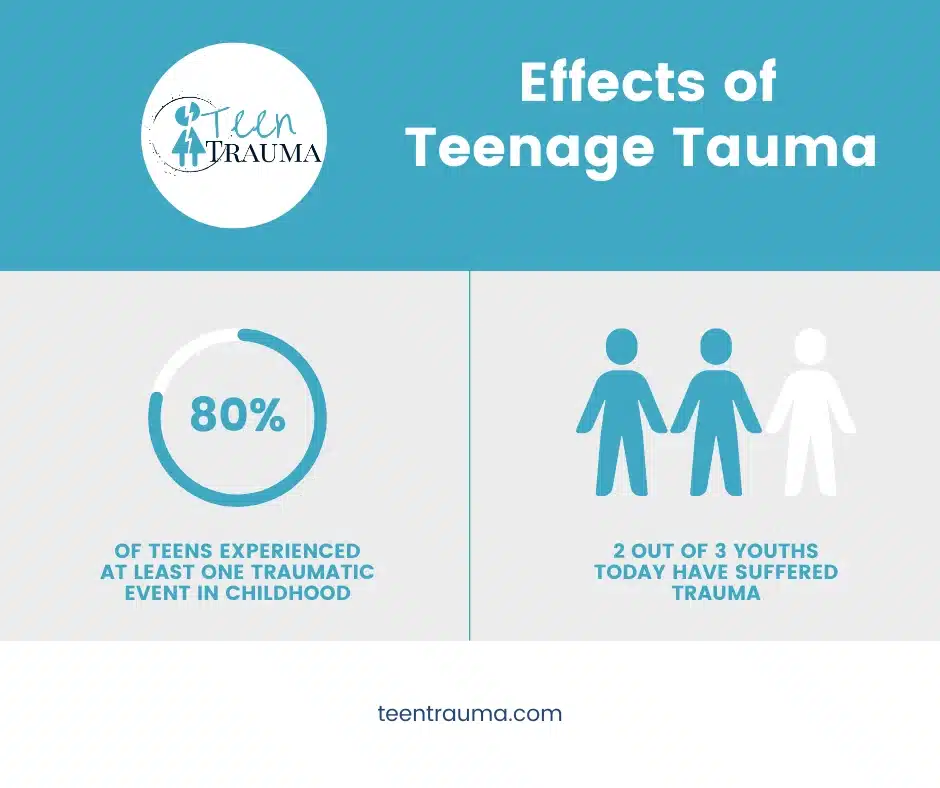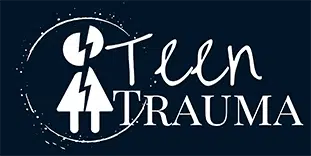Trauma is more common in children and teens than many adults may think. In one study, over 80% of teens surveyed indicated they had experienced at least one traumatic event in their childhood. The majority of those who had behavioral symptoms during the study also had trauma in their past.
The American Psychological Association estimates that 2/3 of today’s youth have suffered trauma. Yet, in spite of the prevalence of trauma, many teens do not get professional help or learn to process their traumatic events well. Yet what does this mean as a teenager transition from youth to adulthood?
Sadly, without the right help, teenagers will carry the effects of childhood trauma into adulthood. Here’s a closer look at what that might look like.
Symptoms of Trauma in Children
When children suffer trauma, they aren’t always able to express the emotions that they’re experiencing. The symptoms of their trauma will often come out in other ways. Parents may notice:
- Complaints of physical unwellness
- Anger, rage or irritability
- Depression symptoms
- Concentration problems
- New fears or new separation anxiety
- School struggles
They may even start saying negative things about themselves, like “I’m a bad kid” or “this is all my fault.”
If parents can notice these symptoms and get help from a trauma-informed therapy program right away, they can help reduce the long-term impact of the trauma. Many children, unfortunately, will struggle as adults because they don’t get help in their childhood or adolescent years.
Long-Term Effects of Untreated Childhood Trauma on Adults
if trauma goes untreated, it will cause additional problems for the child when they become an adult. There is a significant impact on both physical and mental health in adulthood.
Trauma and Substance Abuse
One of the first problems that can follow children into adulthood when they have untreated trauma is substance abuse. Medical professionals have connected PTSD in children and adolescents with an increased risk of substance abuse problems in adults. In fact, 59% of those who have a PTSD diagnosis as a young person will develop a substance abuse disorder as an adult.
Increased Obesity Risk
People who suffer from trauma may choose to self-medicate through food rather than drugs. They may also reduce the amount of physical activity they get. This combination can lead to an increased risk of obesity. In addition, ongoing exposure to stress hormones may increase the risk for obesity.
Serious Health Issues
Serious health issues can plague adults who suffered childhood trauma. Chronic pain, cancer and heart disease, including high blood pressure, are all a higher risk for someone who has untreated trauma. This is due to the high amount of stress that trauma puts on the body along with unhealthy coping mechanisms that some people choose after trauma.
Depression and Anxiety
On the mental health side, a traumatic experience in adolescence can lead to an increased risk for anxiety and depression problems as an adult. This is especially true of the child who experienced abuse or neglect as their form of trauma. Low self-esteem is also common for these children when they become adults.
Trouble with Relationships
When children suffer trauma in their childhood and do not get help, they often struggle to maintain relationships as adults. Troubled relationships can lead to a lack of healthy friendships or struggles with divorce and separation. This can fuel more problems with anxiety, depression and low self-esteem, leaving the individual in a dangerous cycle.
Treating Trauma in Adolescents
So what can a concerned parent do if they suspect their child has suffered trauma? First, don’t assume that childhood trauma will be obvious. Sometimes a traumatic event is something the parent may not notice or even know about.
If you’re noticing the signs of trauma mentioned above, it is worth digging a little deeper to see what the problem is.
Second, don’t assume that the child will simply grow past the trauma. Most trauma cannot heal without professional help, and most parents arent’ properly trained to provide that help.
The key to avoiding these long-term effects is getting help in a timely manner. Cognitive behavioral therapy, or CBT, is one of the best ways to treat childhood trauma. However, it needs to come from a team that understands trauma, or it will be ineffective.
CBT helps the adolescent identify thoughts related to their trauma that are untrue, such as the fact that they blame themselves for the traumatic event. Therapy also teaches the child how to properly manage emotions in a way that brings health and healing, not continued pain and distress.
What Should Concerned Parents Do?
If you are a parent who has a child impacted by trauma, the key is to get help as early as possible and to be consistent with that help. Find a trauma-informed therapist to partner with to help your child heal. If the impact of the trauma is far-reaching, or if serious behavior issues have developed, consider a residential treatment program. By giving your child the tools to heal now while they are still developing, you can help reduce the risk of these long-term effects.
Write for us
Are you a trauma survivor, an expert in child or treen trauma, a psychologist, teacher, counselor, advocate, or thought leader? Think you’ve got a fresh perspective that will help our audience?
We’re always looking for authors who can deliver high-quality articles and blog posts. Writing for us will expose you to a whole new audience and help establish you as an expert in this field.












